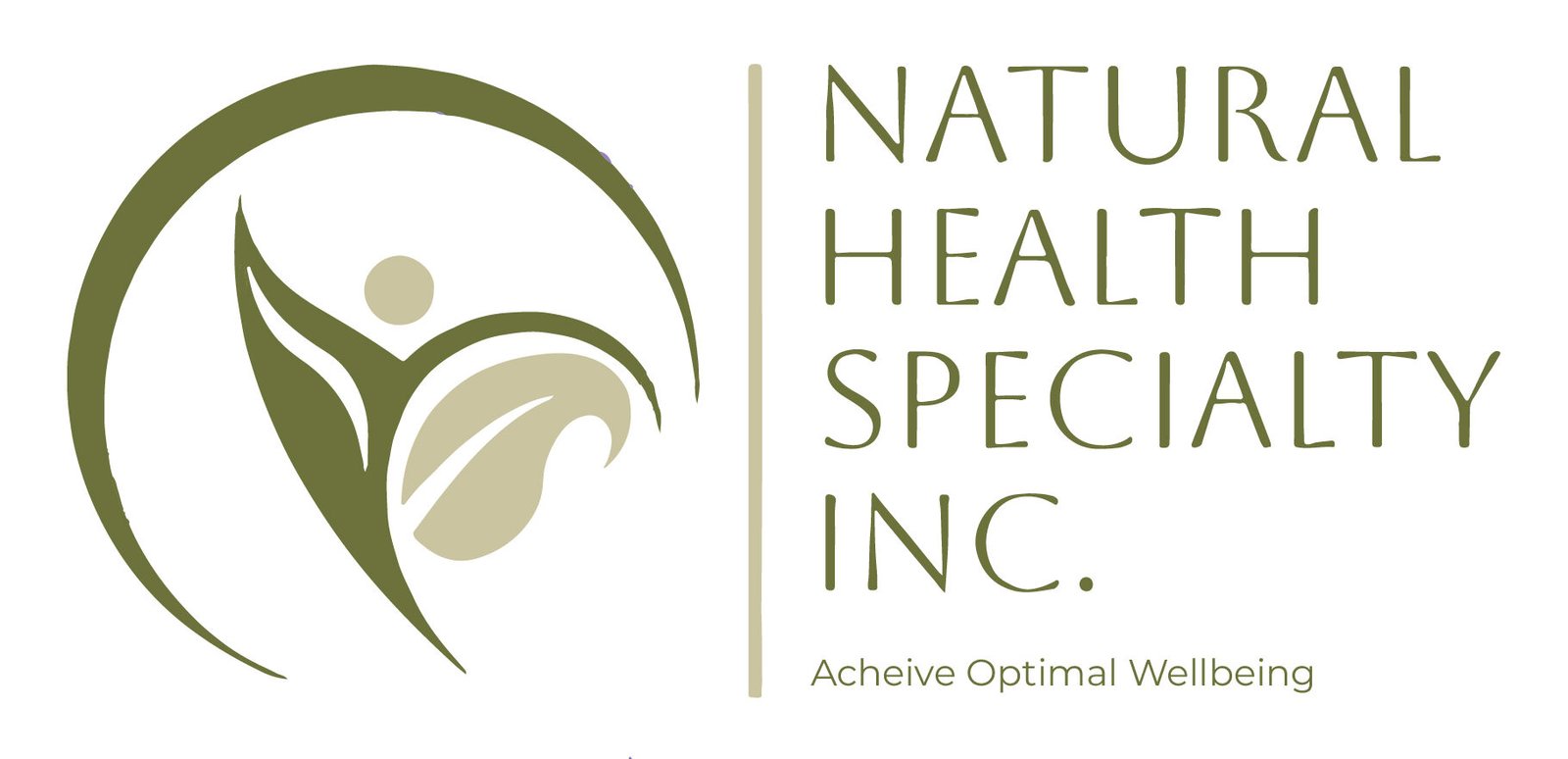One of the most frequent questions I hear in my clinical practice is, “Do I really need supplements, or can I get all the nutrients I need from my diet?” After reviewing countless diets, it’s clear that in today’s fast-paced world, even with the best intentions, many people struggle to meet their nutritional needs through diet alone. But why is that?
Challenges of Modern Life: Why Diet Alone May Not Be Enough
Modern life presents many challenges for maintaining a balanced diet. Between work, family, and busy schedules, it can be difficult to consistently prepare meals that meet your nutritional needs. Moreover, we have less control over the quality of our food compared to previous generations. Until the early 20th century, food came from small farms where traditional farming practices supported nutrient-rich crops. Today, industrial farming dominates.
Nutritional Decline in Modern Food
Industrial farming has altered the way we grow food. Pesticides, chemical fertilizers, and genetically engineered crops have depleted our soil of essential nutrients, reducing the nutritional quality of the food we eat. This decline in nutrient density has contributed to rising rates of degenerative diseases and obesity. As a result, even a well-balanced diet might not provide the nutrients your body needs to stay healthy.
For more on the impact of industrial farming, visit How Modern Agriculture Affects Food Quality. https://tynerpondfarm.com/blog/the-decline-of-nutritional-value-in-modern-agriculture-causes-and-consequences/
Personal Experience: My Own Nutrient Deficiency
To see how difficult it can be to meet nutritional needs through diet alone, I conducted a personal experiment. I tracked my food intake for seven days and had it analyzed. Despite eating what I considered a balanced diet, I found that I was deficient in several essential nutrients. This experience showed me firsthand that even with a conscious effort to eat well, nutritional gaps still exist. That’s where supplements come in.
The Importance of Cellular Micronutrient Testing
One of the best ways to assess your nutritional health is through cellular micronutrient testing. Nutrients are metabolized at the cellular level, and testing immune cells gives a more accurate picture of long-term nutrient status. The Cellular Micronutrient Assay https://youtu.be/lnvwmFR9jLQ (CMA) measures nutrient levels, providing personalized insights into your body’s needs. Unlike standard blood tests, which offer only a snapshot, cellular testing offers a comprehensive view.
Antioxidants and Oxidative Stress
In addition to nutrient deficiencies, modern living exposes us to free radicals from pollution, toxins, and radiation. These free radicals contribute to oxidative stress, which plays a role in chronic diseases. Antioxidants protect cells from this damage. Cellular testing, such as the Redox Assay and Antioxidant Protection Assay (APA), can measure antioxidant capacity, offering valuable insights into how well your body fights oxidative stress.
Conclusion: The Role of Supplements in Modern Health
While diet is the foundation of good health, supplements are a practical tool to fill the nutritional gaps left by modern food production and busy lifestyles. Personalized testing can provide the insight needed to optimize your health through a combination of diet and supplements.
For more information, explore our Nutritional Supplements Guide https://ods.od.nih.gov/factsheets/list-all/ or contact us to learn about Cellular Testing Services.

